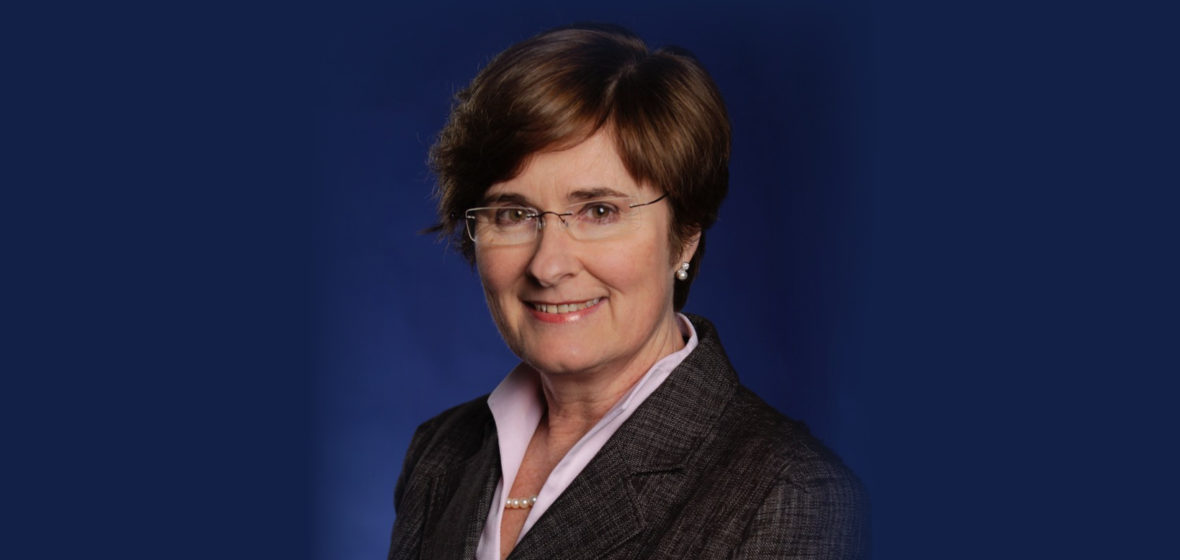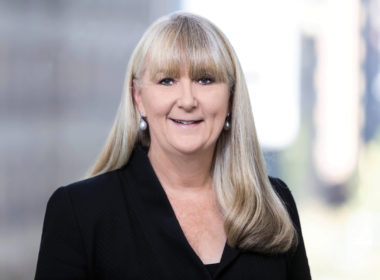Mary Crock is a professor of Public Law and Co-Director of the Sydney Centre for International Law at the University of Sydney. She reflects on a powerful refugee case that reinforces the importance of cultural awareness in the law.
I remember visiting this tiny woman who spent years in detention. Her name was Seniet Abebe; she was emotionally fragile and painfully thin. I was the first female lawyer involved in her case and this was the most shocking part. Straight away I saw there had been a catastrophic procedural failure. Abebe was a female asylum seeker from a very traditional Ethiopian background. The system had taken far too long to give her space to tell her story.
Abebe was married to a political activist in Ethiopia, who was targeted by government forces. Soldiers attacked and raped her as her husband was dragged from the family home. She was injured so badly, she needed to be hospitalised. After weeks in care, Abebe stole a nurse’s uniform and escaped. Incredibly, she walked 1000 kilometres into South Africa and attempted to seek asylum but was refused.
Abebe was brought to Australia by people smugglers, priming her with stories to “assist” her refugee claim. All of those involved in her asylum process were men.
I represented Abebe after she’d lost in the High Court. The case was significant because it challenged the first part eight of the Migration Act. The central issue was whether the Australian Constitution permits a legislative regime that operates to constrain, in part, the Federal Court’s power to review the legality of the administrative action by a Commonwealth officer.
The case brought home the importance of cultural competence – understanding that a client may see the world differently. It’s a lesson that resonates for me in dealing with people from any form of diversity, whether it’s a different religious or cultural background, a disability or a person with a child.
In Abebe’s case, a narrow majority (4:3) upheld the legislation. The effect was to confirm the Migration Act prevented the Federal Court from correcting fundamental errors involving breach of procedural fairness, relevance and unreasonableness.
Migrants complaining of jurisdictional error on these broad grounds could only seek judicial review in the High Court. It led to a massive backlog of cases. This meant issuing in the High Court allowed migrant applications to stay in Australia for many years while they waited for their case to be heard. It also meant individuals could languish in immigration detention for years.
The problem was, Abebe had changed her story so often nobody knew what to believe. In the High Court, Justice Michael Kirby was the only judge to acknowledge genuine refugees frequently tell lies. In Abebe’s case, the truth was so excruciatingly personal and culturally unacceptable, it made it hard for her to open up.
Two students who are now law professors, Ben Saul and Jane McAdam, helped me assemble a 70-plus page submission to then-Minister Phillip Ruddock. He rejected all our submissions but granted Ms Abebe a visa anyway.
The case brought home the importance of cultural competence – understanding that a client may see the world differently. It’s a lesson that resonates for me in dealing with people from any form of diversity, whether it’s a different religious or cultural background, a disability or a person with a child.
Yes, gender matters. If you’re not the right lawyer to get the story, get another lawyer.
Years later, I took a taxi from Melbourne airport to visit my mother. The driver was a chatty Ethiopian man. I asked him whether he knew Ms Abebe. He told me she had settled well into life in Australia. Even more remarkably, after years in an Ethiopian prison, her husband had been released and she was able to sponsor him to join her in Australia.




